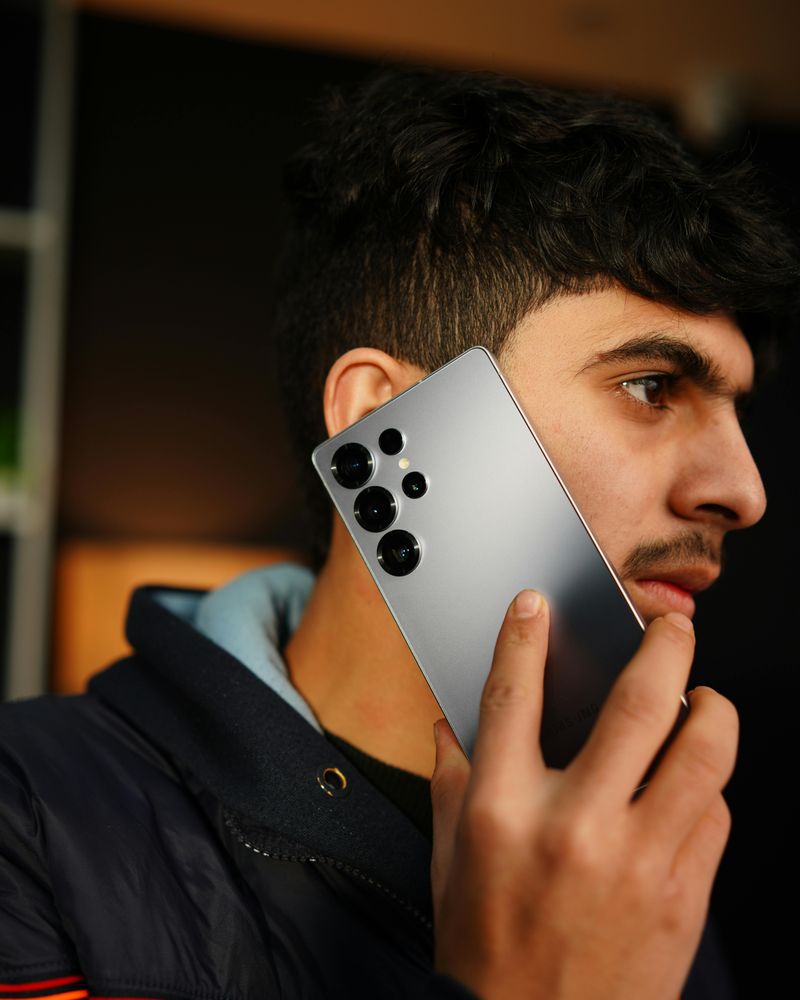Healthy relationships thrive on trust, respect, and mutual support. But sometimes, what looks like loving concern can actually be jealousy wrapped in a protective disguise. Recognizing the difference between genuine care and possessive behavior is crucial for your emotional well-being and personal freedom.
1. They Constantly Check In — Even When It’s Excessive
Getting a sweet text from your partner is nice. Getting fifteen texts in two hours demanding to know what you’re doing? That’s a different story entirely.
Constant check-ins might sound caring on the surface, but they often signal deeper insecurity and a need to monitor your every move. Your partner should trust you enough to let you live your life without providing hourly updates.
2. They Want to Know Where You Are All the Time
Asking where you’re headed for the evening is perfectly reasonable. Demanding access to your real-time location every minute of every day crosses a serious line.
Some partners justify this behavior by claiming it’s about safety or wanting to feel connected. However, healthy relationships don’t require constant surveillance to function properly.
When someone needs to track your whereabouts around the clock, they’re not protecting you from danger. They’re feeding their own jealousy and need for control, which ultimately damages the foundation of trust.
3. They Question Everyone You Talk To
Running into an old friend at the grocery store should be a pleasant surprise. But if your partner immediately asks, “Who was that?” with suspicion in their voice, something’s off.
Constant interrogation about your conversations reveals jealous tendencies disguised as innocent curiosity. Your partner shouldn’t need a full report on every person you exchange words with throughout your day.
Genuine interest in your life differs vastly from suspicious cross-examination. When someone can’t trust you to have normal social interactions without detailed explanations, their jealousy is controlling your freedom to simply exist in the world.
4. They Protectively Monitor Your Social Media
Your partner liking your vacation photos is sweet. Your partner demanding to know who commented, reading your private messages, or getting upset over innocent interactions is not.
Social media monitoring disguised as protection reveals deep-seated jealousy masked as concern for your online safety. Adults in healthy relationships don’t police each other’s digital lives or demand access to private conversations.
If you find yourself deleting comments, avoiding certain posts, or feeling anxious about normal online activity because of your partner’s reactions, that’s possessiveness limiting your freedom.
5. They Try to Control How You Dress
Your clothing choices reflect your personal style and comfort. When your partner criticizes your outfits or suggests you “cover up” to avoid attracting attention, that’s possessive behavior, not protection.
Framing wardrobe criticism as “looking out for you” is a classic manipulation tactic. Your partner doesn’t own your body or get to dictate how you present yourself to the world around you.
6. They Dislike You Going Out Without Them
Healthy couples encourage each other to maintain friendships and personal interests outside the relationship. Partners who make you feel guilty for spending time with friends are showing jealousy, not concern.
Phrases like “I just worry about you” or “I’ll miss you too much” might sound affectionate, but they’re often manipulation tactics designed to keep you isolated and dependent.
If your partner can’t handle you having fun without them or makes every outing feel like a betrayal, they’re prioritizing their jealousy over your need for personal space.
7. They Frame Jealous Comments as Jokes
“Just kidding!” doesn’t erase the sting of repeated digs about your ex, coworkers, or friends you supposedly talk to “too much.” It’s a way for your partner to express their insecurity while avoiding accountability for hurtful behavior.
When someone repeatedly makes “jokes” that leave you feeling defensive, criticized, or guilty, they’re revealing underlying jealousy issues they haven’t addressed. Humor should bring you together, not make you question your perfectly appropriate relationships with others around you.
8. They Make You Feel Guilty for Setting Boundaries
Possessive partners act hurt, withdrawn, or accusatory when you set perfectly reasonable limits. They want you to feel guilty for having normal needs, making you second-guess your right to autonomy.
Someone who truly cares will respect your boundaries, even if adjusting takes time. If expressing your needs consistently results in guilt trips, manipulation, or emotional punishment, you’re dealing with a possessive partner.
9. They Want to Be Involved in Every Decision
Supportive partners offer advice when asked and respect your ability to make your own choices. Possessive ones insert themselves into every decision, from weekend plans to career moves.
This behavior gets disguised as “support” or “being a team,” but it’s actually about maintaining control over your life. You should be able to make personal choices without requiring your partner’s approval or involvement.
10. They Keep Tabs Through Others
Finding out your partner asked mutual friends where you were, what you were doing, or who you were with is unsettling for good reason.
This surveillance behavior isn’t about worry or concern. It’s jealousy-driven monitoring designed to catch you in some imagined wrongdoing or simply to maintain control over information about your life.
Healthy relationships don’t require detective work or third-party informants.
11. They React Strongly to Any Mention of Your Past
Everyone has a history before their current relationship. Secure partners understand this reality without feeling threatened by it.
When casual mentions of an ex or old crush trigger uncomfortable reactions, excessive questions, or “protective” behavior, that’s jealousy.
Your history shaped who you are today. A partner who can’t handle normal references to your life before them is showing insecurity, not reasonable concern..
12. Their Concern Feels More Like Control Than Care
Trust your gut feelings. The clearest sign that protection has crossed into possessiveness is how the relationship makes you feel.
Genuine care empowers you, builds your confidence, and respects your freedom. Possessiveness makes you feel watched, managed, restricted, and constantly monitored.
If you’re walking on eggshells, editing your behavior to avoid jealous reactions, or feeling suffocated rather than supported, that’s your instinct telling you something’s wrong. Real love encourages growth and independence. Anything that consistently makes you feel smaller, trapped, or controlled isn’t protection—it’s possessiveness disguised as concern, and you deserve so much better.












